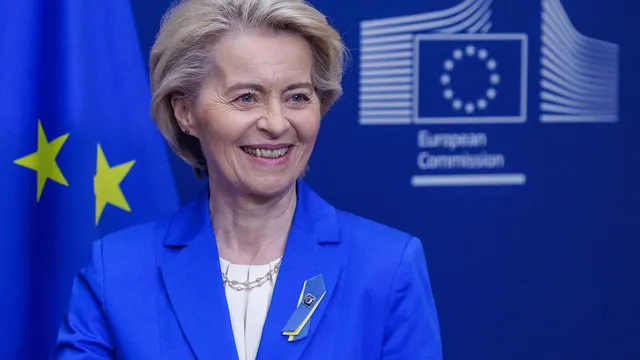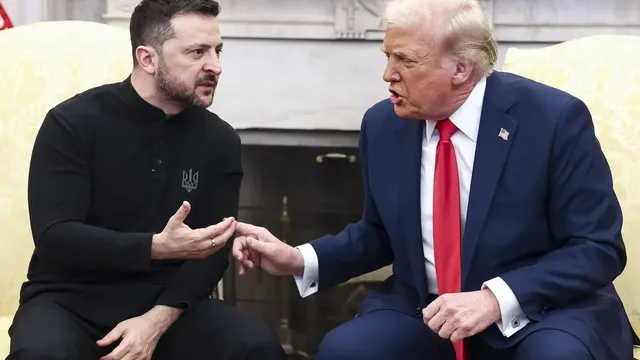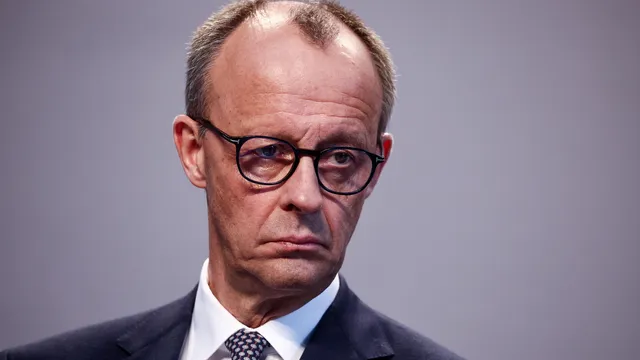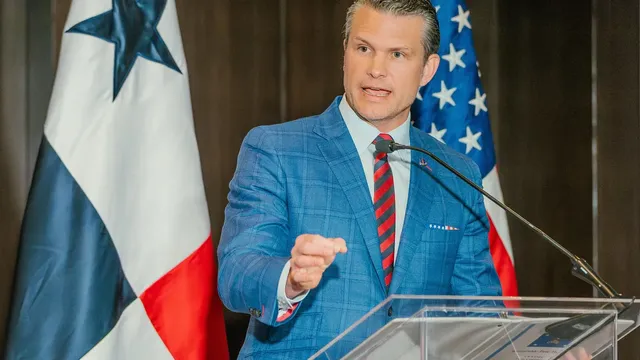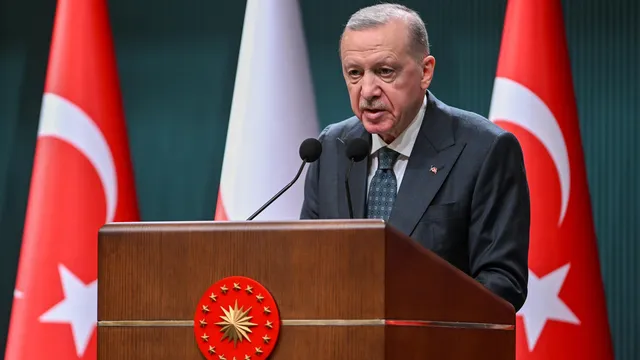“The EU is ready to implement its most powerful trade measures and could impose tariffs on US digital companies if negotiations with Donald Trump fail to end his tariff war against Europe.”
That's what European Commission (EC) President Ursula von der Leyen told the Financial Times. She said the EU would seek a “fully balanced” agreement with Washington during Trump's 90-day pause on implementing additional tariffs.
The European Commission president warned that she is prepared to dramatically expand the transatlantic trade war to include services if those talks fail, potentially including a tax on digital advertising revenue that would hit tech groups such as Meta, Google and Facebook.
“We are developing retaliatory measures,” Von der Leyen said, explaining that these could include the first use of the bloc's anti-coercion tool, which has the power to strike services exports. "There is a wide range of countermeasures. . . in case negotiations are not satisfactory."
She said this could include tariffs on US-EU trade in services, stressing that the exact measures would depend on the outcome of the talks with Washington. “An example of this is that you could impose a levy on advertising revenue from digital services.”
The measure would be a tariff applied across the single market. It differs from digital sales taxes, which are imposed individually by member states.
The head of the EU executive said Trump's trade war had caused a “complete breaking point in world trade”. “This is without a doubt a turning point in relations with the United States,” she said, adding, “We will never go back to the status quo.”
“There are no winners in this, only losers,” Von der Leyen continued, referring to the turmoil in stock and bond markets. “Today we see the price of chaos... the price of the uncertainty we are experiencing today will be high.”
Citing the need to negotiate with Washington, the EC paused planned retaliatory measures against steel and aluminium tariffs imposed by the US last month. The measures would have affected some €21 billion worth of US imports, including poultry, orange juice and yachts.
Von der Leyen, who oversees trade policy on behalf of the 27 EU member states, said the Commission had already tried to negotiate with the US but was told to wait until after Trump's April 2 announcement, which imposed a 20 percent “reciprocal” duty on the EU.
The European Commission president has publicly proposed a zero-tariff agreement on industrial goods, but this has not found support in Washington.
Von der Leyen said she was open to discussing the alignment of EU and US standards, but said this would likely lead to limited results.
"I think it's worth looking at where we can align our norms and standards to make it easier to do business. So I'm open to that," she said. “But we shouldn't raise expectations too much because there are often different standards because there are differences in lifestyle and culture.”
She ruled out revisiting the EU's “untouchable” regulations on digital content and market power, which Trump officials see as an effective tax on US big tech firms. It also won't negotiate with the US on VAT, which it says is equivalent to the US sales tax: ‘It's not in the negotiating packages because these are our sovereign decisions’.
If negotiations fail, the EU will automatically resume retaliatory measures planned in response to US tariffs on steel and aluminium.
In addition, Von der Leyen said further countermeasures to Trump's so-called reciprocal tariffs could target the US' huge services surplus with the EU. The US president only counts goods in his trade figures, excluding services exported by the US to the rest of the world.
"Service companies do good business in this [EU] market. And the vast majority of services, 80% of services, come from the US. So again, we want a negotiated solution that is best for us, for all of us," the head of the European Commission said.
As well as potentially targeting trade in services, Von der Leyen said Brussels was also considering steps such as possibly taxing scrap metal exports to the US, where EU supplies are much sought after by US steel companies.
On the potential knock-on effect of a global trade war, Von der Leyen said the EU “will not allow” Chinese goods affected by US tariffs to be diverted to Europe, adding that Brussels would “take precautionary measures” if a new monitoring mechanism detected an increase in Chinese imports.
She said she had raised the issue with Chinese Premier Li Qiang in a call this week and that he had replied that “this risk does not exist because they will stimulate consumption in China”.
Regardless of the outcome of the talks with the United States, Trump's policies have radically changed global trade relations, Von der Leyen said, and have boosted talks between the EU and powers including Malaysia, Thailand, the Philippines, Indonesia and the United Arab Emirates.
“There is interest from so many countries around the world to work more closely with us, together, to balance the system and have free trade that really competes on quality, not around tariffs,” the EU executive's president said.
Both the US and the EU agree that World Trade Organisation (WTO) rules have failed to provide a level playing field as China subsidises some of its manufacturing output, flooding world markets.
The trade war is now stimulating discussions on “thinking about how we can modernise, reform and stabilise the WTO”.
“But the focus has to be on modernisation and reform, it can't be maintaining what we have today because there are too many difficulties,” Von der Leyen added. | BGNES

 Breaking news
Breaking news
 Europe
Europe
 Bulgaria
Bulgaria
